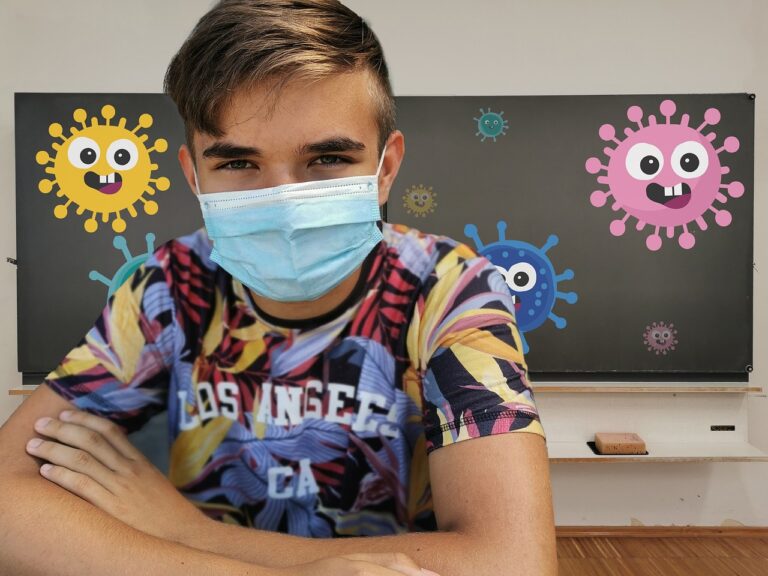Addressing the Mental Health Crisis in Higher Education: Supporting College Students
Mental health challenges among college students have been steadily increasing, contributing to a crisis within higher education settings. The pressures of academic demands, social expectations, and financial burdens often exacerbate existing mental health issues or lead to the emergence of new ones. This crisis is further complicated by stigmas surrounding mental health and limited access to adequate resources and support on campus.
Universities and colleges are actively working to address the mental health crisis by implementing various support services and programs. However, more needs to be done to create a campus culture that prioritizes mental well-being and provides students with the tools and resources they need to cope with the challenges they face. It is crucial for higher education institutions to continue to destigmatize mental health issues, increase awareness, and foster a nurturing environment that encourages students to seek help when needed.
Recognizing the Signs of Mental Health Issues in College Students
As college students navigate through the demanding academic pressures and social transitions, it is crucial to be aware of the signs of mental health issues that may arise. One common sign to look out for is a noticeable change in behavior or mood, such as sudden withdrawal from social activities or increased irritability.
Another key indicator is a decline in academic performance that is unexplained by external factors. If a student starts to consistently miss classes, neglect assignments, or express feelings of hopelessness, it could be a red flag for underlying mental health concerns. It is important to approach these signs with sensitivity and support, encouraging students to seek help from mental health professionals on campus.
The Impact of Mental Health on Academic Performance
Mental health plays a significant role in shaping the academic performance of college students. When students grapple with mental health issues, their ability to concentrate, retain information, and engage in coursework may be compromised. This can result in a decline in grades, missed assignments, and reduced participation in class activities.
Moreover, mental health challenges can lead to difficulty in managing stress and meeting academic deadlines. Students may experience feelings of overwhelm, anxiety, and emotional instability, which can hinder their academic progress. It is crucial for educational institutions to offer resources and support to students facing mental health issues to ensure their well-being and academic success.
What are some common signs of mental health issues in college students?
Common signs include changes in sleep patterns, extreme mood swings, difficulty concentrating, social withdrawal, and sudden changes in academic performance.
How does mental health impact academic performance?
Mental health issues can lead to difficulties with concentration, memory, and motivation, ultimately affecting a student’s ability to focus on their studies and perform well academically.
What resources are available to college students struggling with mental health issues?
Colleges often offer counseling services, support groups, and mental health resources on campus. Students can also seek help from mental health professionals outside of the university setting.
How can college students prioritize their mental health while also managing academic responsibilities?
It’s important for students to practice self-care, seek support when needed, and communicate with professors about any mental health challenges they may be facing. Prioritizing mental health can ultimately improve academic performance.







